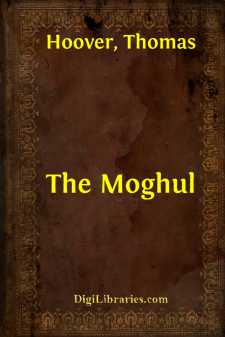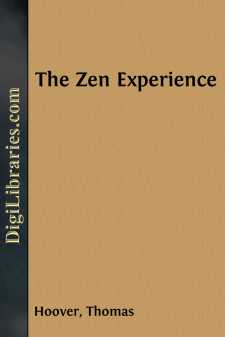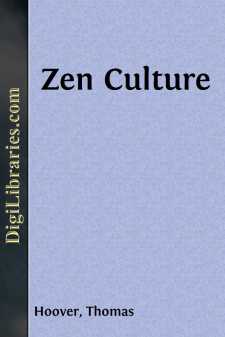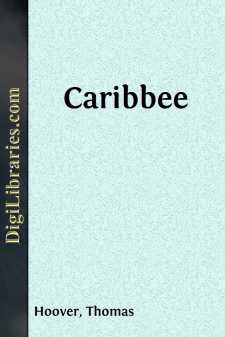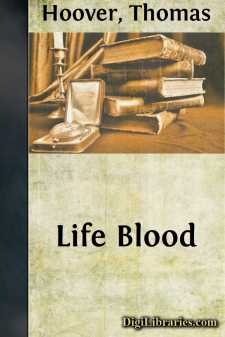Categories
- Antiques & Collectibles 13
- Architecture 36
- Art 48
- Bibles 22
- Biography & Autobiography 813
- Body, Mind & Spirit 142
- Business & Economics 28
- Children's Books 15
- Children's Fiction 12
- Computers 4
- Cooking 94
- Crafts & Hobbies 4
- Drama 346
- Education 46
- Family & Relationships 57
- Fiction 11828
- Games 19
- Gardening 17
- Health & Fitness 34
- History 1377
- House & Home 1
- Humor 147
- Juvenile Fiction 1873
- Juvenile Nonfiction 202
- Language Arts & Disciplines 88
- Law 16
- Literary Collections 686
- Literary Criticism 179
- Mathematics 13
- Medical 41
- Music 40
- Nature 179
- Non-Classifiable 1768
- Performing Arts 7
- Periodicals 1453
- Philosophy 64
- Photography 2
- Poetry 896
- Political Science 203
- Psychology 42
- Reference 154
- Religion 513
- Science 126
- Self-Help 84
- Social Science 81
- Sports & Recreation 34
- Study Aids 3
- Technology & Engineering 59
- Transportation 23
- Travel 463
- True Crime 29
The Moghul
by: Thomas Hoover
Description:
Excerpt
CHAPTERONE
He watched from the quarterdeck as the chain fed through the whitecaps of the bay, its staccato clatter muffled, hollow in the midday heat. Then he sensed the anchor grab and felt an uneasy tremor pass along the hull as the links snapped taut against the tide. The cannon were already run in and cooling, but vagrant threads of smoke still traced skyward through the scuttles and open hatch, curling ringlets over two draped bodies by the mainmast. Along the main deck scurvy-blotched seamen, haggard and shirtless to the sun, eased the wounded toward the shade of the fo'c'sle.
He drew the last swallow of brandy from his hooped wooden tankard and instinctively shifted his gaze aloft, squinting against the midday sun to watch as two bosun's mates edged along the yards to furl the mainsail. Then he turned to inspect the triangular lateen sail behind him, parted into shreds by the first Portuguese cannon salvo, its canvas now strewn among the mizzenmast shrouds.
A round of cheers told him the last two casks of salt pork had finally emerged from the smoky hold, and he moved to the railing to watch as they were rolled toward the cauldron boiling on deck. As he surveyed the faces of the gathering men, he asked himself how many could still chew the briny meat he had hoarded so carefully for this final morning of the voyage.
The crowd parted as he moved down the companionway steps and onto the deck. He was tall, with lines of fatigue etched down his angular face and smoke residue laced through his unkempt hair and short beard. His doublet was plain canvas, and his breeches and boots scarcely differed from those of a common seaman. His only adornment was a small gold ring in his left ear. Today he also wore a bloodstained binding around his thigh, where a musket shot from a Portuguese maintop had furrowed the skin.
He was Brian Hawksworth, captain of the five-hundred-ton English frigate Discovery and Captain-General of the Third Voyage of England's new East India Company. His commission, assigned in London over seven months past, was to take two armed trading frigates around the Cape of Good Hope, up the eastern coast of Africa, and then through the Arabian Sea to the northwest coast of India. The Company had twice before sailed eastward from the Cape, to the equatorial islands of the Indies. No English vessel in history had ever sailed north for India.
The destination of this, the first English voyage to challenge Lisbon's control of the India trade, was the port of Surat, twelve leagues inland up the Tapti River, largest of the only two harbors on the Indian subcontinent not controlled by Portugal.
He reached for the second tankard of brandy that had been brought and squinted again toward the mouth of the Tapti, where four armed Portuguese galleons had been anchored earlier that morning.
Damn the Company. No one planned on galleons at the river mouth. Not now, not this early in the season. Did the Portugals somehow learn our destination?...


